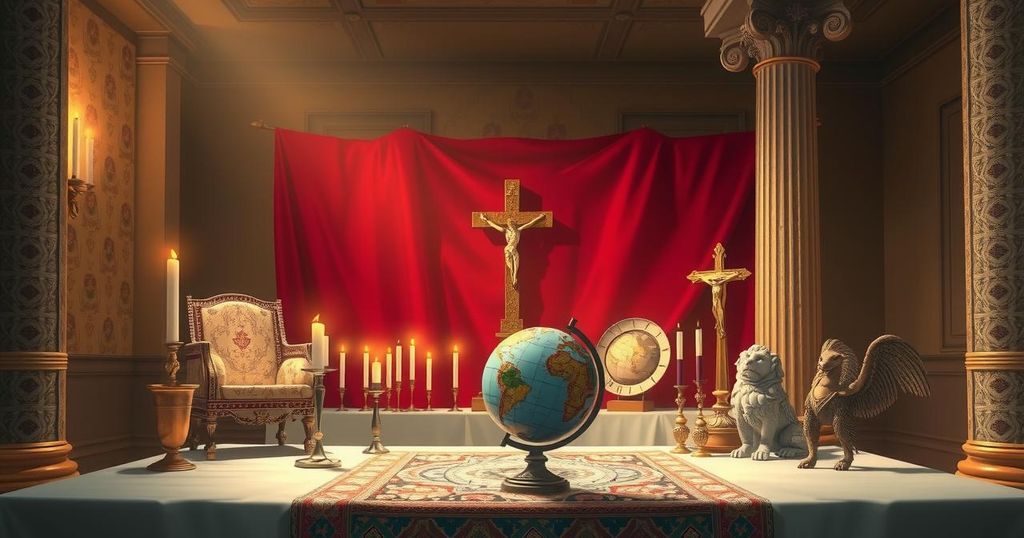Pope Leo XIV Elected: A Historic Moment for Global Catholicism
The election of Pope Leo XIV as the first American pope marks a historic shift in the Catholic Church, reflecting broader changes in global Catholicism. The conclave concluded in just two days with four rounds of voting, highlighting increased diversity in leadership with representation from Latin America, Africa, and Asia. This evolution signifies the Church’s ongoing effort to adopt a more global identity.
In a historic moment for the Catholic Church, Pope Leo XIV has been elected as the first American pope, marking a significant turning point. This election reveals the broader changes within global Catholicism, showcasing evolving dynamics that transcend traditional European dominance. The conclave that led to his election took only two days and involved four rounds of voting, which is considered relatively quick compared to past elections.
The efficiency of the conclave highlights not just the swift decision-making but also emphasizes the increasing influence of diverse voices that extend beyond the European sphere—a notable evolution given the Church’s historical leadership comprised mainly of Italians and other Europeans. Today, the College of Cardinals presents a more varied demographic, featuring a growing number of representatives from Latin America, Africa, and Asia, which indicates a major shift in the global Catholic landscape.
Although North America has a smaller Catholic population compared to other continents, the election of Leo XIV signifies the church’s desire to adopt a more global identity and embrace leadership perspectives from outside the traditional European framework. This effort is seen as critical to the Church’s future as it adapts to an increasingly multicultural world, aligning itself with the demographic realities of its congregants.
Pope Leo XIV’s election undeniably sheds light on the changes and challenges currently facing the Catholic Church. With the majority of the world’s Catholics now living outside of Europe, the appointment emphasizes the need for the Church to modernize its leadership roles to better reflect its global congregation and their unique experiences. This pivotal moment illustrates that the Catholic Church is proactive in seeking a more equitable representation in its leadership while navigating the complexities of contemporary faith dynamics.
Pope Leo XIV’s election, the first by an American, represents a critical juncture for the Catholic Church reflecting wider shifts in global Catholicism. The remarkable speed of the conclave and the diversity of the College of Cardinals highlight a move towards embracing non-European voices as influential in church leadership. This development is significant in redefining the church’s future, especially as most of the world’s Catholics now reside outside Europe.
Original Source: m.koreaherald.com




Post Comment